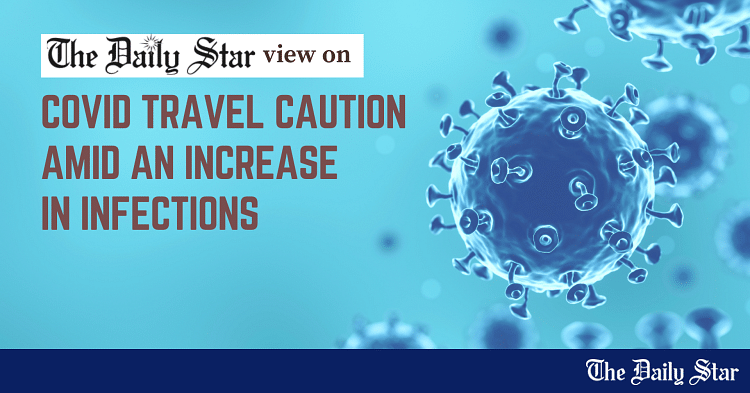Sharma Ji
Senior Member
- Messages
- 8,445
- Reaction score
- 112
- Origin

- Residence

- Axis Group

rich bhi acchay khassey mar gae bhot, young and fit bhi mar gae.. vaxxed lot.I got all three shots. Before dat I got Covid….just feverish and groggy. Not much drama…..went away itself after a week or so, but for tens of millions with poor health it was a death sentence bhai.
You eat crap, or fast food or bazaar ka khana, there’s no immunity man….
The poor are at the greatest risk, irrespective of age I guess.

 World Affairs
World Affairs












